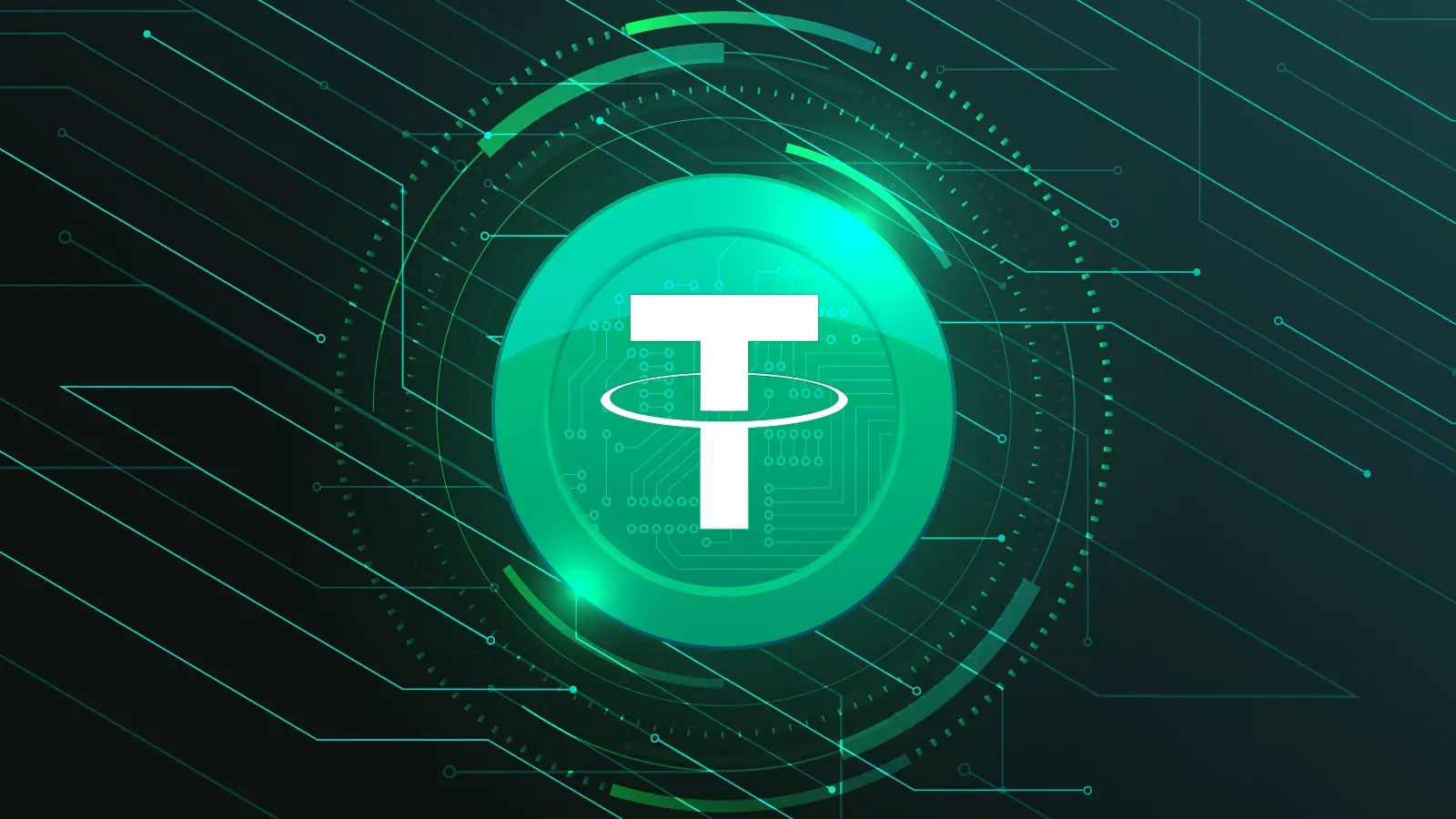At Ethereum Singapore 2024, co-founder Vitalik Buterin emphasized the relevance of solo staking for ETH’s long-term security and decentralization on Sept. 16.
Vitalik Buterin discussed at Ethereum Singapore 2024 how a reduced reliance on centralized entities by solo stakers strengthens Ethereum’s security and decentralization.
Buterin talked about the threats centralized organizations face and the part lone stakeholders play in defending the network against intrusions to guarantee its long-term viability and resilience.
Individuals that independently stake their cryptocurrencies, such as Ether ETH$2,300, without depending on staking pools, centralized organizations, or third-party services are known as solo stakers.

Solo Staking to achieve network decentralization
Vitalik Buterin stressed the importance of solo stakers for decentralization, emphasizing that they constitute a disorganized and heterogeneous community that lessens dependency on centralized organizations.
“The stronger that we can have solo […] I think there is a lot of ways in which that can serve as this really important extra layer of defense regarding security and privacy.”
According to Buterin’s viewpoint, as discussed in the conversation, Ethereum can benefit significantly from even a few lone stakers contributing a significant decentralized layer of security.
Protecting against 51% of assaults
Buterin also discussed the function of lone stakers and the network’s defense against 51% assaults, in which an evil party seizes control of most of the blockchain’s processing power.
The crucial distinction in cases where a 51% assault threatens the network is whether the attacker has control of 50–56% of the network or 57% or more.
The attacker can complete blocks at 57% or higher, which, if unchecked and unopposed, could result in a chain split.
Vitalik proposed that Ethereum consider increasing the block finality barrier from two-thirds to higher to thwart this and make assaults more challenging.
“One of the ideas that I’ve been promoting recently is the idea that […] Ethereum should increase its quorum threshold from two-thirds to a higher number. Either three-quarters or possibly even more.”
Optimistic about Google’s automated sign-in
Recently, the co-founder of Ethereum prompted discussion about the ramifications of Google’s automatic sign-in feature on social media by expressing support for it.
On September 4, Buterin stated that it might be worth the risk despite acknowledging the drawbacks of the sign-in services as account abstraction bridges to secure systems.
To safeguard access to sensitive information or assets, he recommended that the servicing wallets be provided with “a signing key” and an “M-of-N guardian set up,” a security model akin to a multisig.



